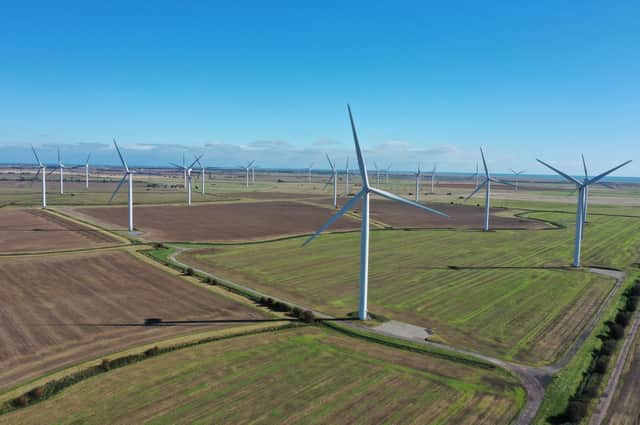COP28 wake-up call: Third of UK's small and medium-sized companies have no net-zero plan in place


Almost a third of Britain’s small and medium-sized companies have no net-zero plan in place, despite the UK government’s 2050 target, new research suggests.
As climate talks conclude at the COP28 conference, attention has been on how the UK is maintaining and driving forward its commitment to achieving net zero ahead of the 2050 deadline. However, research from business lending provider Simply Asset Finance reveals that the nation’s small and medium-sized enterprises (SMEs) are still unclear on how they will meet climate goals.
Advertisement
Hide AdAdvertisement
Hide AdSome 32 per cent of UK SMEs admit they have no net-zero plan in place for their business. That is despite 54 per cent of the firms surveyed saying they have outlined net zero as a priority. Almost two-thirds of SMEs (63 per cent) are worried about how much achieving net zero will cost their business, while more than half (58 per cent) feel they don’t have enough support to achieve their targets.
When asked what government policies or initiatives would have the greatest impact on their business, about a fifth (22 per cent) agreed that more support for achieving net zero or other environmental, social and corporate governance (ESG) goals would be needed.
Mike Randall, chief executive at Simply Asset Finance, said: “The impact of escalating costs on small businesses creates a significant dilemma as they try to balance the growing financial pressure with the desire to grow and future-proof their business. The investment required to reach net zero is something they are incredibly conscious of, but it was acknowledged as a significant undertaking pre-pandemic, let alone now. The will is there, but unfortunately the means are often not.
“The recovery loan scheme (RLS), introduced by the government in 2021, played an important role in stabilising the availability of funding for businesses during, and after, the pandemic. However, it is soon ending and without the reassurance of this guaranteed support, businesses are being forced to scale back business investment and deprioritise their climate commitments. By either extending RLS or repurposing the scheme to support green investment, the government could make significant strides towards supporting these businesses so they are bolstered for the long term.”
Comments
Want to join the conversation? Please or to comment on this article.